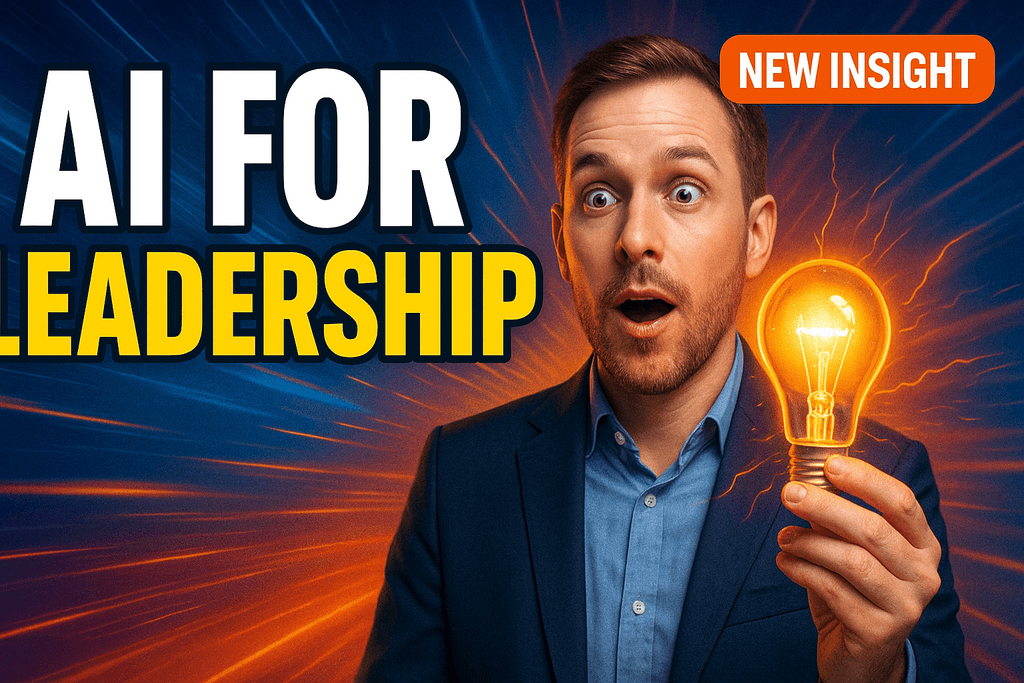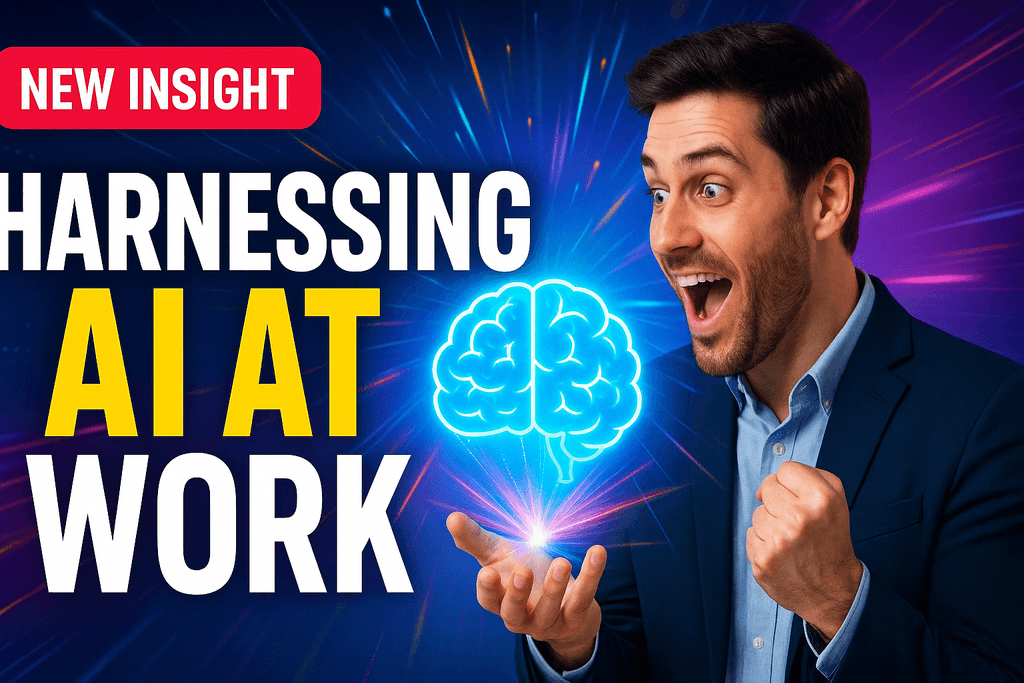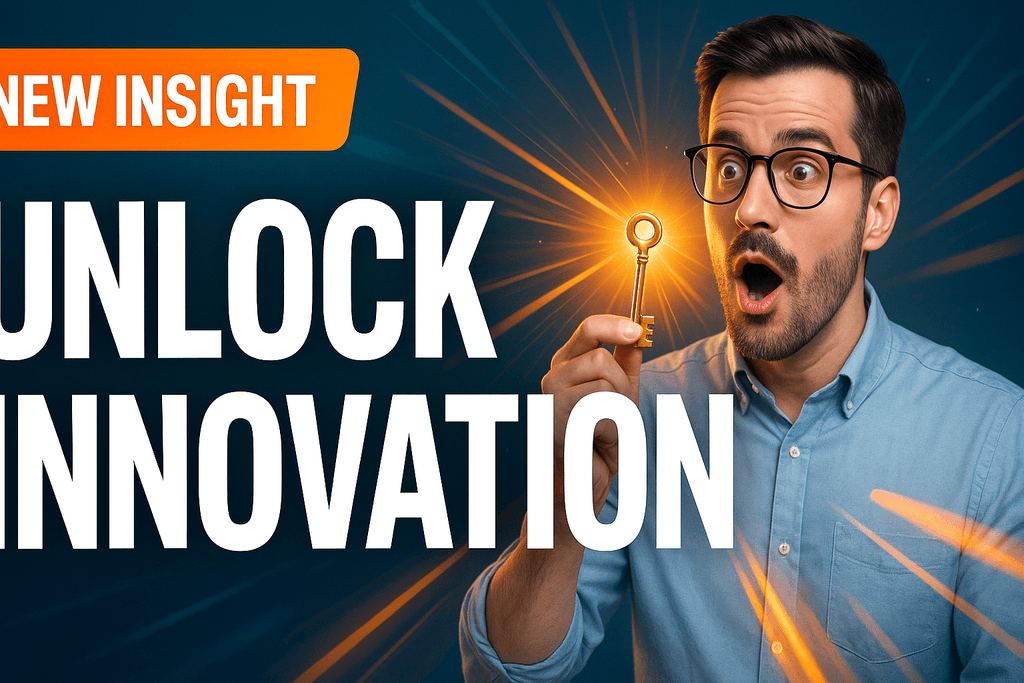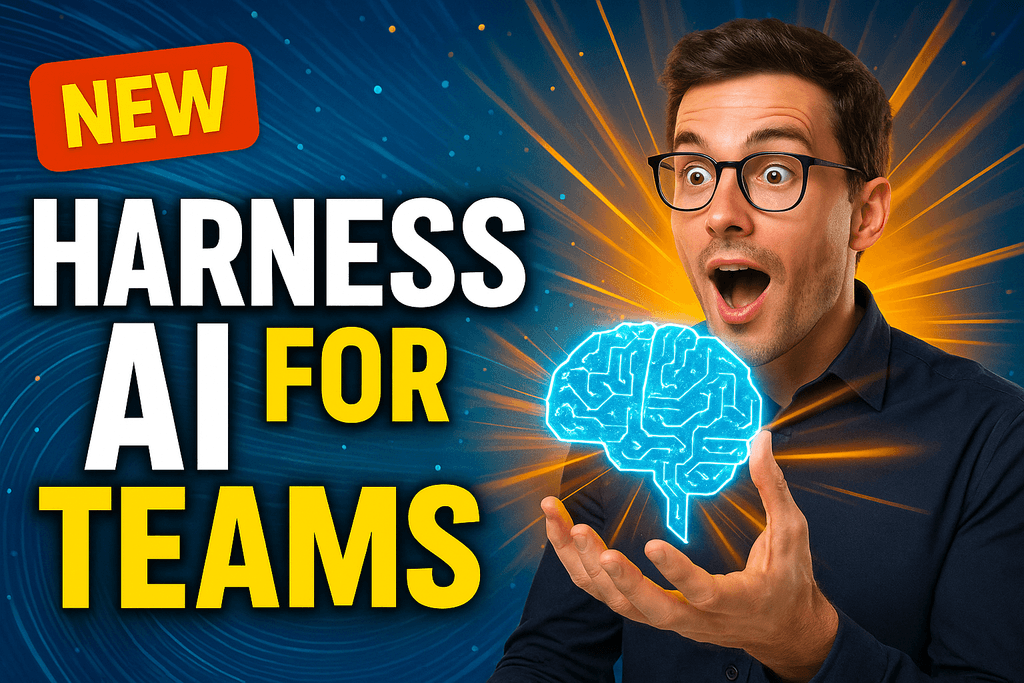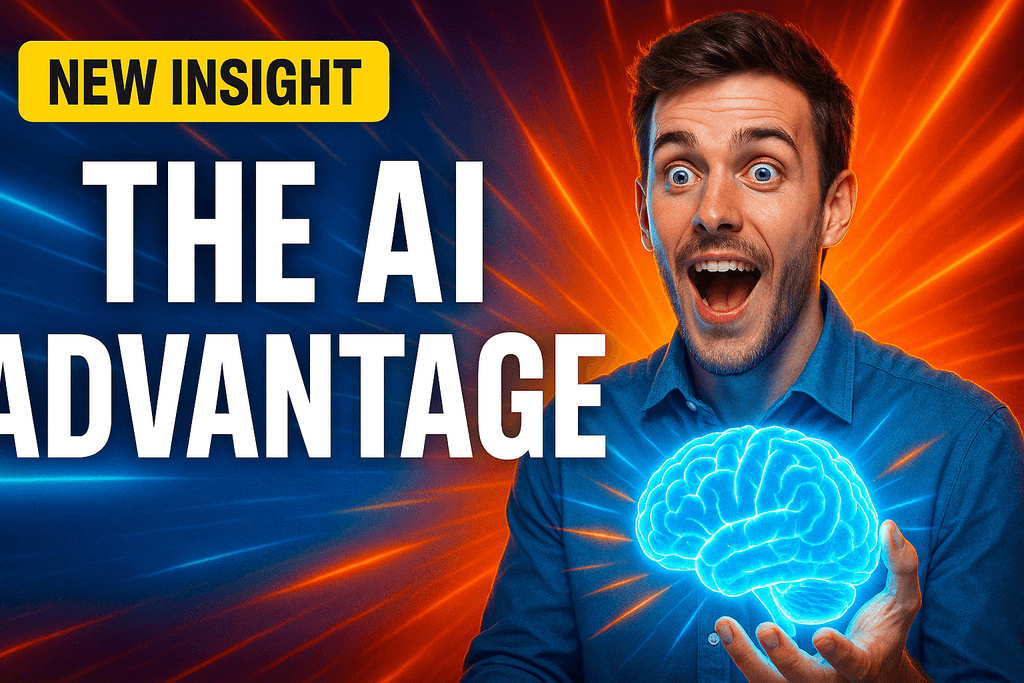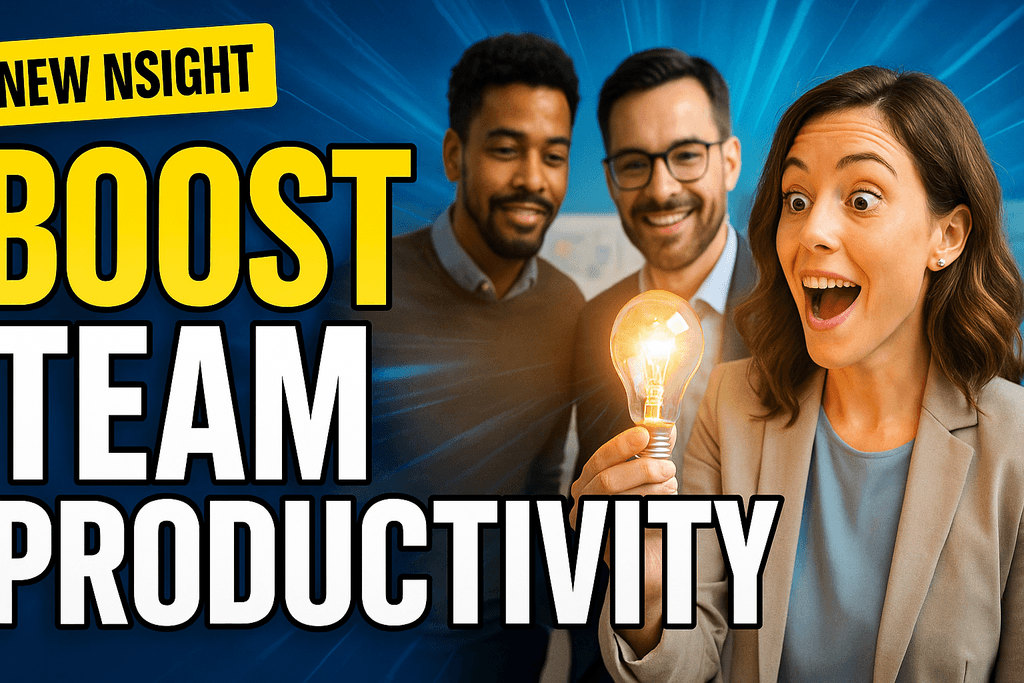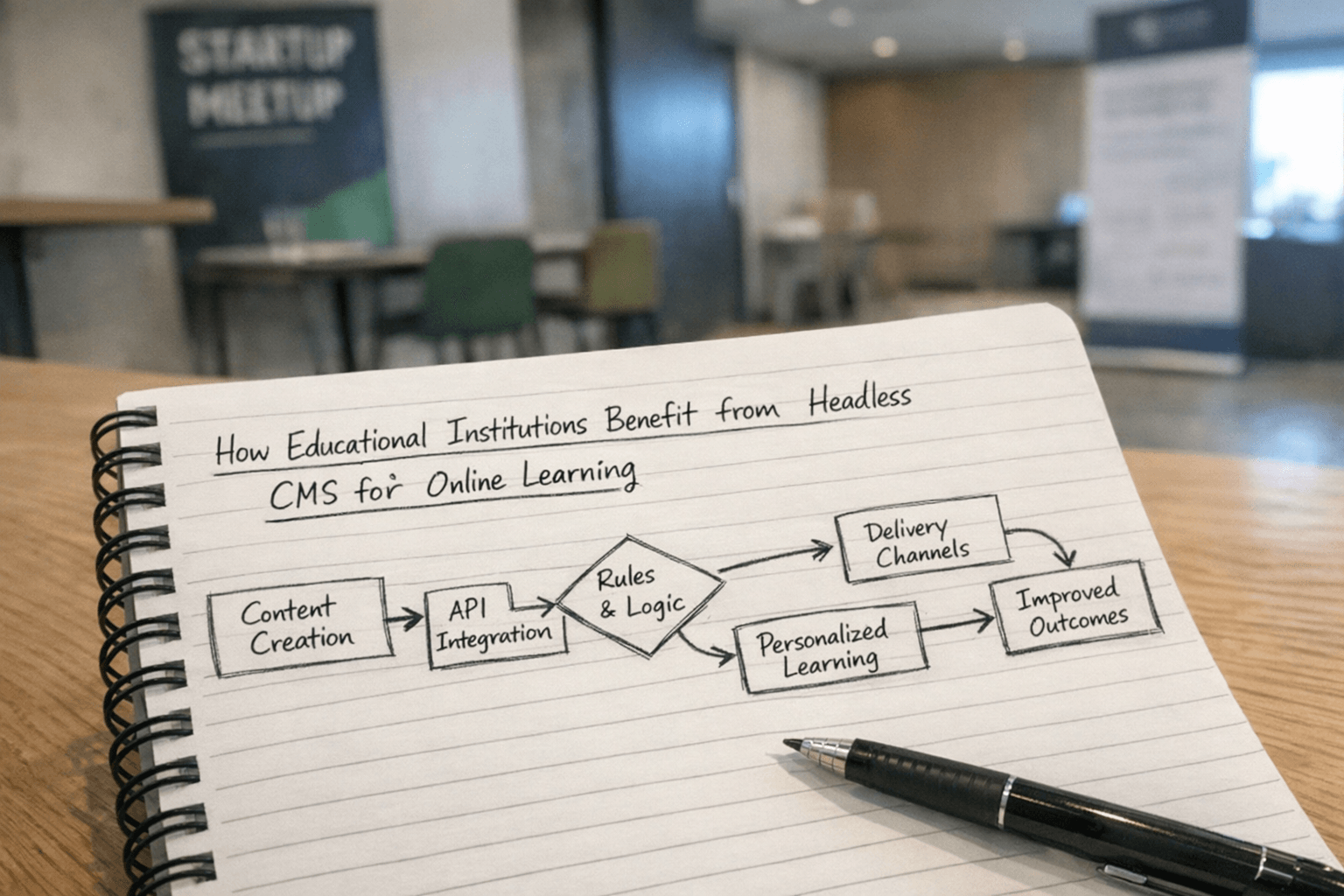
Table of Contents
Introduction
Online learning has become an integral part of education, offering flexibility and accessibility for both students and teachers. As educational institutions increasingly rely on digital platforms to manage learning materials, schedules, and communication, having a robust content management system (CMS) is essential. However, traditional CMS platforms often fall short in providing the scalability, flexibility, and multi-channel support needed for modern online learning environments.
A Headless CMS offers a transformative solution for educational institutions. By decoupling the backend from the frontend, it allows for dynamic, scalable and personalized learning experiences across multiple platforms. With the integration of AI agents and workflow automation, educational institutions can now create intelligent learning ecosystems that adapt to student needs and automate administrative tasks. This blog explores how Headless CMS can revolutionize online learning and why it's a must-have for educational institutions.
Challenges Educational Institutions Face with Traditional CMS
Scalability Issues
Traditional CMS platforms often struggle to handle the growing demands of educational institutions, especially during peak times like enrollment periods or online exams. This results in slow performance and potential downtime, which can disrupt learning.
Limited Flexibility
Many traditional CMS platforms rely on predefined templates, making it difficult to customize the user experience for diverse student and teacher needs. This lack of flexibility can hinder engagement and innovation.
Integration Challenges
Educational institutions use various tools, such as learning management systems (LMS), virtual classrooms, and analytics platforms. Traditional CMS platforms often lack the capability to integrate seamlessly with these tools, leading to inefficiencies and data silos.
Slow Performance
Traditional CMS systems often experience performance bottlenecks, especially when serving large numbers of users simultaneously. This can result in lagging page load times and poor responsiveness.
Inconsistent Multi-Channel Delivery
With students and teachers accessing content on desktops, tablets, and mobile devices, it's crucial to provide a consistent experience across all platforms. Traditional CMS platforms often fail to deliver seamless multi-channel access, impacting user satisfaction.
What is a Headless CMS and How AI Agents Transform Education
A Headless CMS separates the backend (where content is created and stored) from the frontend (how content is displayed). Content is delivered via APIs, giving developers the freedom to design custom user interfaces and integrate with various platforms.
How Headless CMS Differs from Traditional CMS
Decoupled Architecture: Traditional CMS platforms combine the backend and frontend, limiting flexibility. Headless CMS platforms allow developers to build unique frontends tailored to user needs.
API-Driven Delivery: Content is delivered through APIs, enabling seamless integration with websites, mobile apps, and other digital platforms.
Enhanced Flexibility: Unlike traditional CMS platforms, which rely on fixed templates, Headless CMS offers limitless customization options for creating engaging learning environments.
AI Agents: The Intelligence Layer
Modern Headless CMS platforms like Orbitype integrate AI agents that act as intelligent digital workers. These agents can automatically manage content workflows, personalize learning experiences, and handle routine administrative tasks. AI agents have access to all data and processes, enabling intelligent automation and analysis that transforms how educational institutions operate.
Key Features Relevant to Online Learning
API-Driven Content Delivery: Ensures real-time updates to learning materials and schedules across platforms.
Multi-Channel Integration: Provides consistent content delivery across desktops, tablets, and mobile devices.
AI-Powered Personalization: Agents analyze student behavior and preferences to deliver customized learning paths and content recommendations.
AI Workforce in Educational Institutions
Automated Student Support and Communication
AI agents can handle routine student inquiries, manage enrollment processes, and provide 24/7 support through intelligent chatbots. These digital workers understand context, access student records, and provide personalized responses, reducing the workload on administrative staff while improving student satisfaction.
Intelligent Content Management and Curation
AI agents automatically organize, tag, and categorize educational content based on subject matter, difficulty level, and learning objectives. They can identify content gaps, suggest updates to outdated materials, and even generate supplementary resources tailored to specific curriculum requirements.
Automated Assessment and Feedback Systems
AI workforce can grade assignments, provide detailed feedback, and track student progress across multiple courses. These agents analyze learning patterns, identify students who may need additional support, and automatically trigger intervention workflows to ensure no student falls behind.
Dynamic Learning Path Optimization
Using data from student interactions, AI agents continuously optimize learning paths, adjusting content difficulty, pacing, and delivery methods based on individual student performance and preferences. This creates truly personalized education experiences at scale.
Administrative Workflow Automation
From scheduling classes and managing resources to generating reports and handling compliance requirements, AI agents streamline administrative processes. They can automatically update student records, manage course catalogs, and coordinate between different departments, eliminating manual data entry and reducing errors.
Orbitype: The Agentic Cloud OS for Education
Orbitype represents the next generation of content management as an Agentic Cloud OS - a comprehensive online platform where educational institutions can build diverse use cases from headless CMS to complete learning management systems. At its core, Orbitype combines PostgreSQL databases with cloud storage (S3), enhanced by compute resources, workflow automation, and seamless integrations with third-party APIs and webhooks.
Flexible Architecture for Educational Needs
Unlike traditional educational software, Orbitype's flexible architecture allows institutions to create custom solutions without vendor lock-in. Whether building a student portal, course management system, or digital library, the platform adapts to specific requirements while maintaining scalability and performance.
AI Agents with Full Data Access
What sets Orbitype apart is its integrated AI agents that have access to all data and processes within the platform. These agents can intelligently automate tasks, analyze patterns, and provide insights across the entire educational ecosystem. From automating student communications to optimizing course content based on performance data, AI agents work continuously to improve educational outcomes.
Concrete Benefits for Educational Institutions
Unified Data Management: All student data, course materials, and administrative information stored in a centralized, secure database
Scalable Infrastructure: Cloud-native architecture that grows with institutional needs without performance degradation
Intelligent Automation: AI agents handle routine tasks, freeing staff to focus on strategic educational initiatives
Custom Integration: Seamless connection with existing tools like LMS, SIS, and communication platforms
Real-time Analytics: Comprehensive insights into student performance, engagement, and institutional efficiency
Workflow Automation in Educational Settings
Automated Enrollment and Registration Processes
Workflow automation streamlines the entire student lifecycle from application to graduation. AI agents can automatically process applications, verify documents, send acceptance notifications, and guide students through enrollment procedures. This reduces administrative burden and ensures consistent, error-free processes.
Dynamic Course Scheduling and Resource Allocation
AI-powered workflow automation optimizes course scheduling by analyzing student demand, instructor availability, and resource constraints. The system automatically adjusts schedules, manages room assignments, and handles conflicts, ensuring optimal resource utilization while meeting student needs.
Intelligent Communication Workflows
Automated communication workflows ensure timely and relevant information delivery to students, faculty, and parents. AI agents can trigger personalized notifications for assignment deadlines, schedule changes, or important announcements, maintaining engagement while reducing manual communication overhead.
Assessment and Grading Automation
Workflow automation extends beyond simple multiple-choice grading to include essay evaluation, project assessment, and comprehensive feedback generation. AI agents can analyze student submissions, provide detailed feedback, and automatically update grade books while maintaining academic integrity standards.
Compliance and Reporting Automation
Educational institutions face numerous compliance requirements and reporting obligations. Automated workflows can generate required reports, track accreditation metrics, and ensure data privacy compliance, reducing the risk of violations while freeing administrative staff for more strategic work.
Learn more about workflow automation capabilities in our comprehensive guide: Automating Content Workflows with Orbitype's Custom Solutions.
Implementation Best Practices and Success Strategies
Implementing a Headless CMS with AI agents in education requires thoughtful planning for success. Start small with manageable projects like improving the student portal or digital library, allowing your team to learn and scale confidently.
Strategic Integration Approach
Ensure seamless integration with existing tools, such as LMS and communication systems, to eliminate data silos and streamline workflows. Prioritize scalability to support growing users, content, and traffic. The decoupled architecture of Headless CMS platforms makes this integration more straightforward than traditional systems.
Staff Training and Change Management
Train staff thoroughly to ensure smooth adoption and effective system management. Focus on demonstrating how AI agents and workflow automation reduce manual tasks rather than replace human expertise. This helps build confidence and enthusiasm for the new system.
Performance Monitoring and Optimization
Consistently monitor and optimize the platform using analytics to improve performance and user experience. AI agents can provide valuable insights into system usage patterns, helping identify areas for improvement and optimization opportunities.
Security and Compliance Considerations
Educational institutions handle sensitive student data, making security paramount. Implement robust access controls, data encryption, and regular security audits. Ensure compliance with educational privacy regulations like FERPA while leveraging AI capabilities responsibly.
For additional insights on scaling digital platforms effectively, explore our guide on How to Scale Your Website with a Headless CMS for High Traffic.
Conclusion
Implementing a Headless CMS like Orbitype with integrated AI agents and workflow automation isn't just about technology—it's about empowering educators, administrators, and students to achieve their full potential. By taking the right steps—starting small, integrating effectively, prioritizing scalability, investing in training, and optimizing consistently—educational institutions can create online learning environments that are as dynamic and adaptable as the learners they serve.
The combination of decoupled architecture, AI workforce capabilities, and intelligent automation creates unprecedented opportunities for educational innovation. From personalized learning experiences to streamlined administrative processes, the benefits extend across every aspect of institutional operations.
As educational demands continue to evolve, institutions that embrace Headless CMS technology with AI agents will be best positioned to deliver exceptional learning experiences while maintaining operational efficiency. The future of education deserves nothing less than intelligent, scalable, and student-centered technology solutions.









